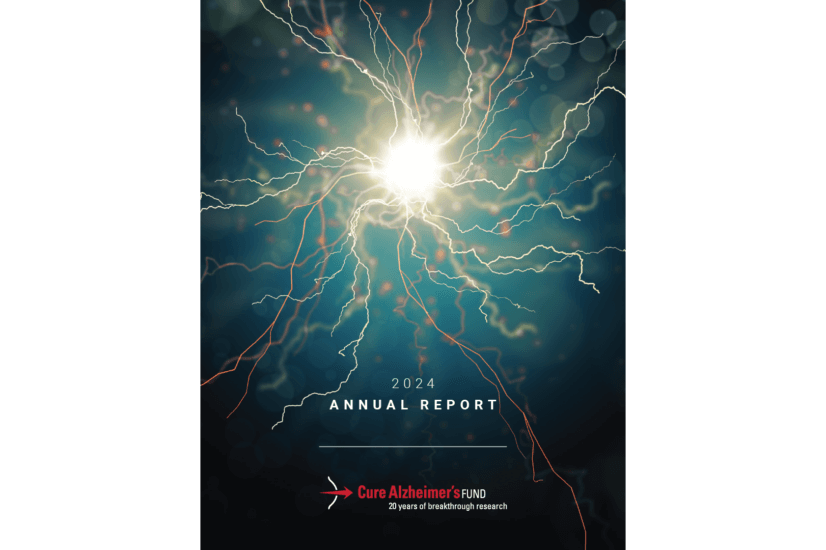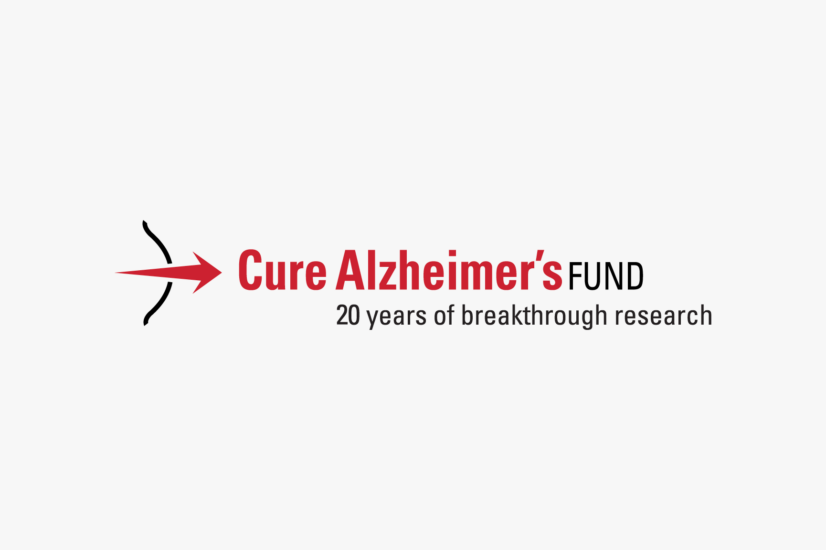Map of Alzheimer’s Genes May Lead to Novel Therapies
Dr. Rudolph Tanzi Speaks at International Conference on Alzheimer’s
Breakthrough genetic research to map all the genes connected to Alzheimer’s, which could lead to more aggressive treatment and a potential cure for the disease, was the focus of a presentation by leading Alzheimer’s researcher Dr. Rudolph Tanzi at the International Conference on Alzheimer’s Disease (ICAD) in Chicago.
Tanzi, Chairman of the Cure Alzheimer’s Fund Research Consortium and the Joseph and Rose Kennedy Professor of Neurology at Harvard Medical School, was one of eight featured speakers discussing the genetic factors of Alzheimer’s disease as part of ICAD. Tanzi discussed his work on the “Alzheimer’s Genome Project” (AGP), identifying all of the genes that work individually or together to influence one’s risk of Alzheimer’s disease. A paper on AGP is currently under peer review at a prestigious science journal.
“With the innovative developments in genetic technology, completion of the human genome project and the advances in statistical analyses, we are on the cusp of a rare ‘science moment’ that should greatly accelerate our efforts to treat and prevent Alzheimer’s disease,” Dr. Tanzi told conference attendees. “Every new Alzheimer’s gene we identify provides clues to the cause of this dreadful disease. The knowledge gained from the Alzheimer’s-associated defects in these genes should guide the development of novel therapeutics.”
Tanzi highlighted two specific areas of the AGP, funded by the Cure Alzheimer’s Fund. The genome-wide association screen is the largest such family-based screen ever conducted. Tanzi and his team collected genetic data from more than 1,300 families affected by Alzheimer’s disease to determine gene variants that influence one’s life
time risk of Alzheimer’s. His presentation will cover a ‘novel’ gene, one of the top genetic hits for Alzheimer’s emerging from that screen.
In addition, Tanzi discussed AlzGene, a publicly available web database (http://alzgene.org) for researchers working to uncover the genetic underpinnings of Alzheimer’s disease. Spearheaded by Dr. Tanzi’s colleague, Lars Bertram, Assistant Professor of Neurology at MGH, AlzGene provides a comprehensive and systematic display of all published Alzheimer’s genetics research over the past 30 years. In addition, through analysis of the collective genetic data, Tanzi and Bertram have determined 30 genes that increase one’s lifetime risk for Alzheimer’s as well as others that protect against it. Their overarching goal is to combine the results of the AlzGene project and the genome-wide association screen to ultimately identify all the genes that significantly influence one’s lifetime genetic risk for Alzheimer’s disease. The first set of breakthroughs in this project will be presented by Dr. Tanzi at ICAD.
“Research findings in the past year alone have generated tremendous excitement in the field of neuroscience, genetics and especially in Alzheimer’s research,” said Tanzi. “Ultimately, the combined results of the family-based genome-wide screen and AlzGene should allow for the reliable prediction of Alzheimer’s disease while also guiding the development of novel therapies. These studies will someday lead to the development of therapies aimed at treating and preventing Alzheimer’s according to one’s personal genome.”
Cure Alzheimer’s Fund™ is a 501c3 public charity established to fund targeted research with the highest probability of slowing, stopping or reversing Alzheimer’s disease. For more information, please visit http://www.curealzfund.org.







